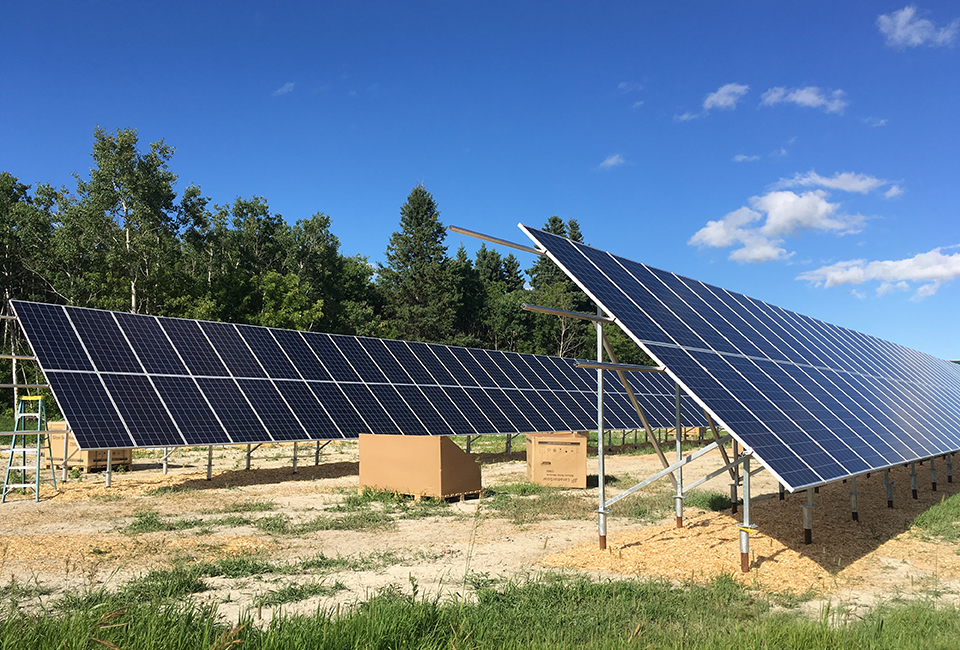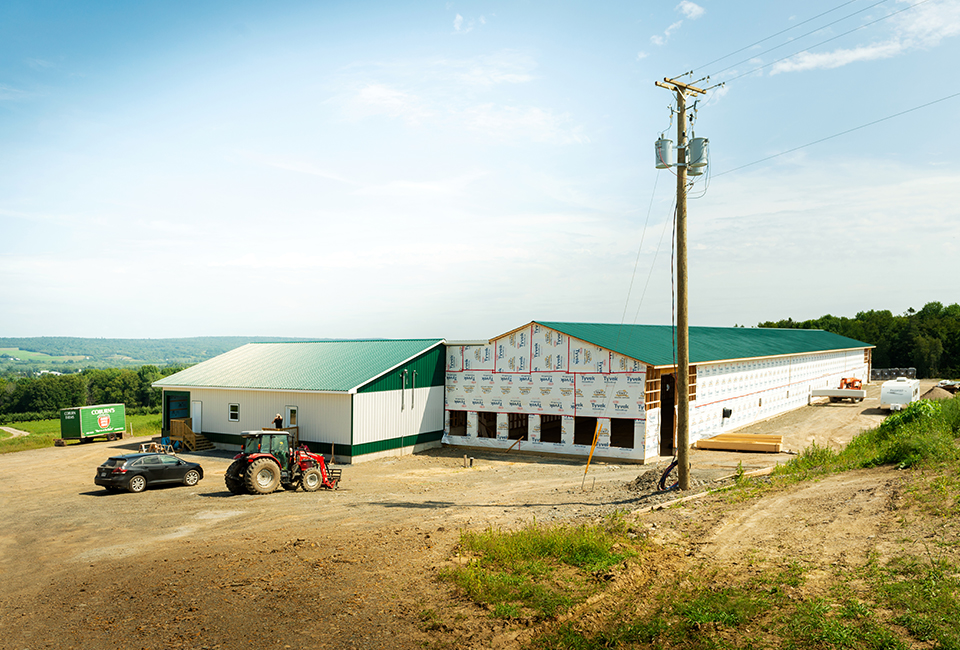
Study shows supply-managed sectors punch above their weight in economic impact
By Egg Farmers of CanadaA new study shows that Canada’s egg, chicken and dairy farmers make significant contributions per-farm when it comes to investing in communities, creating jobs and contributing to Canada’s GDP.
In addition to providing Canadians with nutrition and food security, our agriculture and agri-food sector feeds our economy. It provides 2.1 million jobs and accounts for a solid 6.6% of our country’s GDP, supporting rural communities nationwide. A new study provides a deeper understanding of this impact on rural communities.
The study reveals that farms in the supply-managed sector contribute significantly to Canada’s GDP, while providing important tax revenues for federal and provincial governments.
The results build on earlier research, which showed that the stability provided by supply management encourages farmers to invest heavily in their businesses.
Maurice Doyon, PhD, is a professor at Université Laval, as well as Egg Industry Economic Research Chair. Stéphane Bergeron, PhD, is a researcher at the same university. They used data from Statistics Canada’s Farm Financial Survey (2015) to analyze six agricultural sectors: eggs, chicken, dairy, hogs, beef and oilseeds/grains.
Investments from the six sectors studied contributed over $8.7 billion to Canada’s GDP in 2015. All this economic activity generated close to $1 billion in tax revenues in 2015—about $415 million for the federal government and roughly $508 million for the provinces.
High economic contributions per farm
All three supply-managed sectors included in the study (eggs, chicken and dairy) were shown to punch above their weight when it comes to investing in communities, creating jobs and contributing to Canada’s GDP.
In fact, the study found that while supply-managed farms represent only about 20% of the farm receipts of the six sectors studied, they account for 25% of total investments, 30% of the total jobs created and 28% of the total GDP generated by farm investments.

Data used in the study show that the supply-managed sectors contribute more than might be expected to Canada’s GDP. Their on-farm investments alone, for example, led to each Canadian dairy farm contributing, on average, $180,000 to the national GDP. Contributions from poultry and egg farm investments were, on average, $140,000 and $110,000 per farm, respectively.
The figures for non-supply-managed sectors were $130,000 for hog farms, and $60,000 each for beef farms and oilseeds/grain operations.
According to the study, “Although supply-managed productions require significant investment in quotas, it seems that the stability associated with system outweighs that extra cost, relative to non-supply-managed sectors, and creates a favourable environment for greater levels of investment.”
The new results reinforce earlier research by Dr. Doyon and Raphael Mbombo, which showed that the stability provided by supply management creates a favourable environment for high levels of farm investments by removing market uncertainty and allowing farmers to plan for the future.
Above-average job creation
The new study shows how this investment results in considerable job creation. It found that supply-managed farms generated an average of 1.78 jobs per farm from on-farm investments in 2015. Dairy farms were the strongest performers, with 1.93 jobs per farm generated from investments.
“In 2015, we estimate that farm investments in six important agricultural sectors generated directly 43,700 equivalent full-time jobs,” note the study’s authors. “When taking into account the indirect and induced impacts of those investments, the total impact on Canadian jobs increases to 88,700 (full-time equivalent) jobs.

“These investments, by their diffuse nature, do not capture the public attention. Nevertheless, they are important, especially in rural area where their direct economic impact occurs.”
The authors add that jobs created in rural regions with a small population base have a huge impact in those regions—an impact far greater than most people realize. For example, they say that 10 jobs created in Quebec’s Lower St. Lawrence region have the same economic impact as 240 jobs created in Montreal.
The study focuses only on the impact generated from investments, which includes investment in technologies, environmental stewardship, and the renovation and modernization of equipment.
The study, Economic Impact From Farm Investments in Canada (2015), was published in October, 2018. It is accessible online through CIRANO.
To read the full research summary, click here.